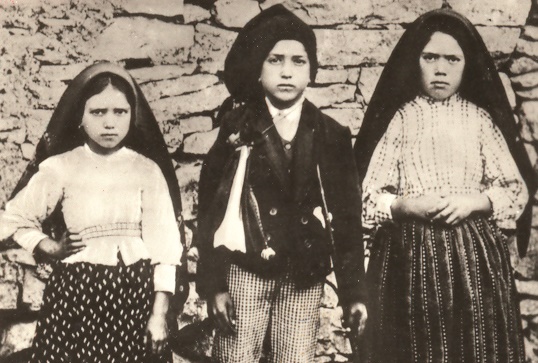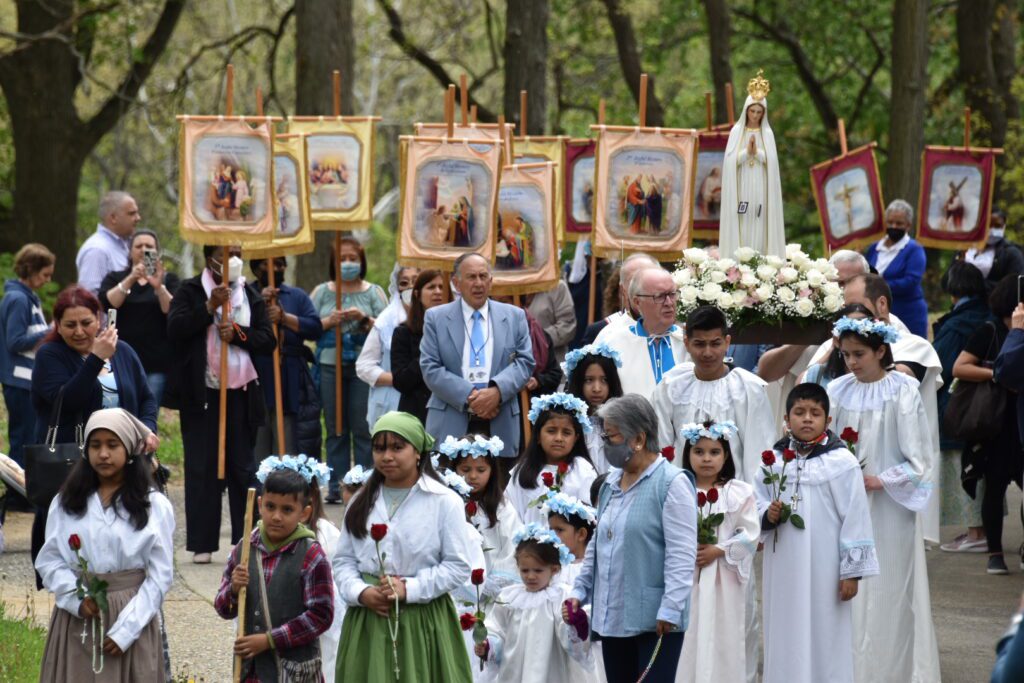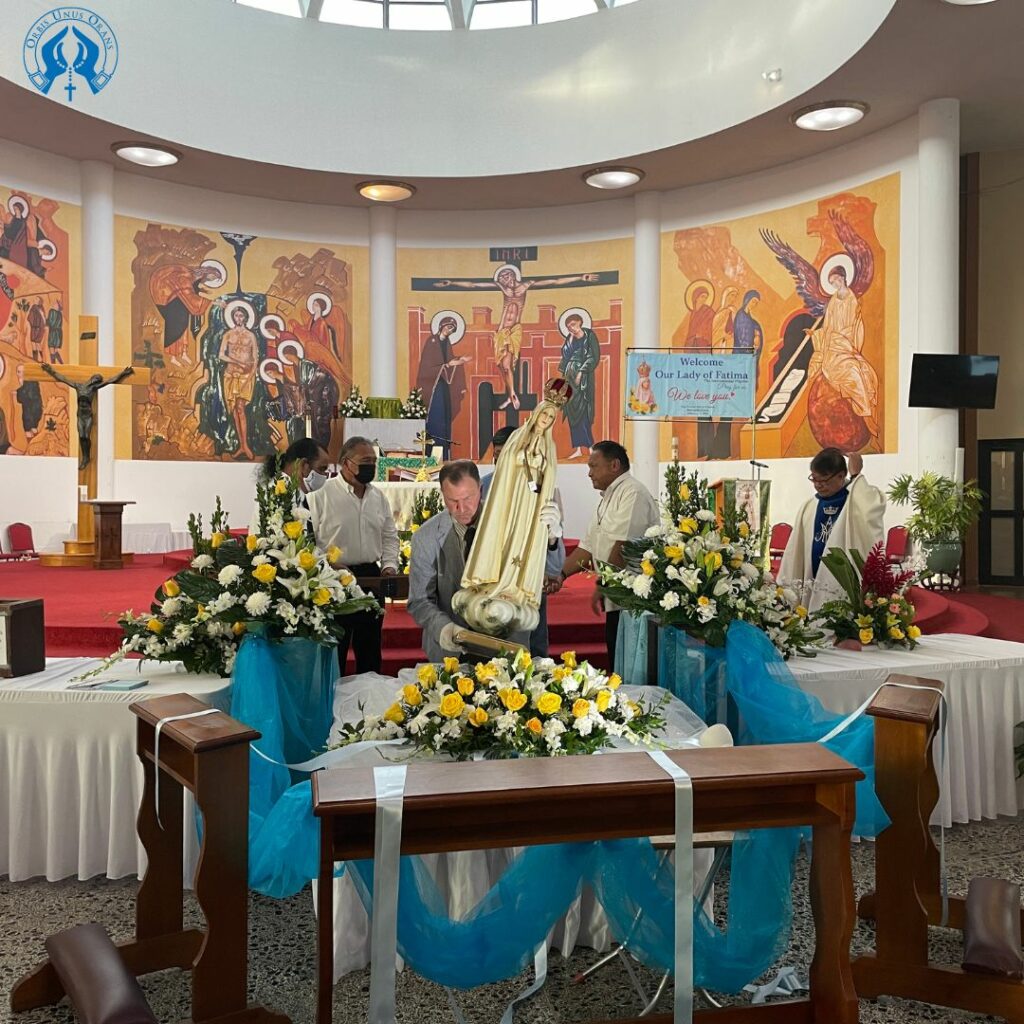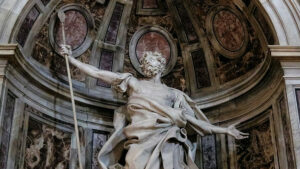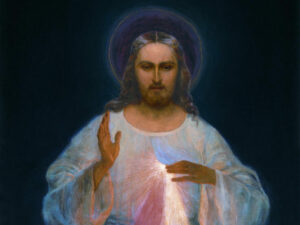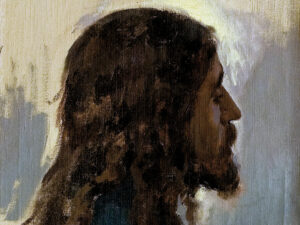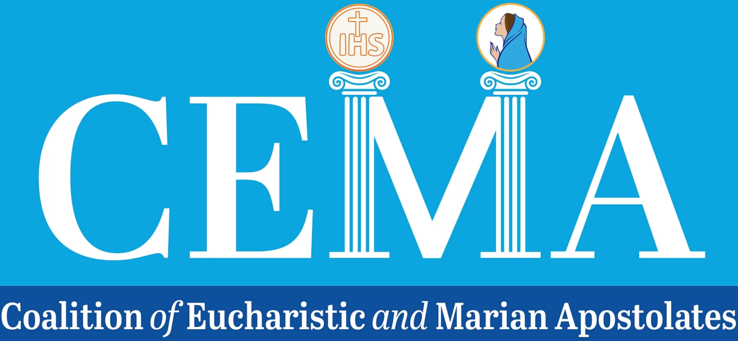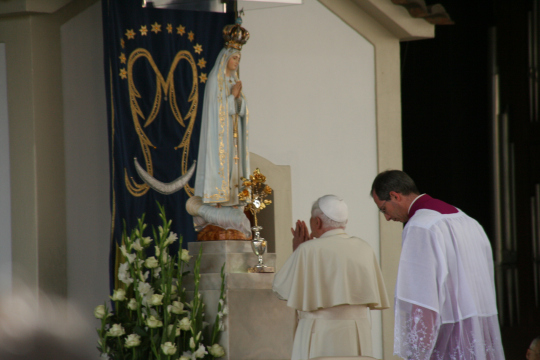
by Kevin J. Symonds, M.A.
“We would be mistaken to think that the prophetic mission of Fatima is complete.”
Pope Benedict XVI on May 13, 2010.
Pope Benedict was celebrating Mass in Fátima on May 13, 2010, when he made the above remark.[1] It was a little confusing at the time, and even Archbishop Georg Gänswein (Benedict XVI’s personal secretary) recently mentioned that there is no clear interpretation of the remark.[2] So, what did Pope Benedict mean by this remark?
To begin, there is a temptation to equate “prophecies” with “prophetic mission.” In fact, they are two separate things.
When we think of “prophecies,” we are inclined to think about predictions of future events. We find such predictions in the message of Our Lady at Fátima. For example:
- “If my requests are heeded, Russia will be converted and there will be peace.”
- “There will be another and worse war that will break out during the reign of Pius XI.”
- “When you see a night illuminated by an unknown light, know that it is a sign that God is about to punish the world.”
- “The Holy Father will have much to suffer.”
If prophecies refer to specific predicted events, what, then, is the meaning of “prophetic mission?” To answer this question, we have to dive a little more deeply into theology.
Prophecy, both in the Scriptures and the theological tradition of the Church, has a broader meaning than predictions of the future. In fact, it refers to the communication of knowledge to a person’s mind that is far beyond it to know. The chief knowledge that is communicated to a person is the revealing of the will of God. Man cannot possibly know what the will of God is unless He communicates it to us.[3]
By way of analogy, person A cannot know what is in person B’s mind or heart unless B tells A. There is no window into a person’s mind to look through and figure out what is going on. Being physical creatures, we can figure out some things by body language. We do not enjoy this ability with God as He is spirit, does not reside in our physical world, and converses with men as men do. Therefore, how do we know what God wills for us unless He communicates His will?
Our Prophetic Mission
God communicating His will is the deeper meaning of prophecy. Some things are known to us as the will of God because they have been communicated to us through Divine Revelation, Natural Law and the Deposit of Faith. Among the things known to us is the three-fold mission of Christ as priest, prophet and king. All of us share in this mission by virtue of our baptism (CCC 783). What interests us at the moment is the “prophet” component of this mission.
Christ came to earth to tell us what He heard from His Father (Jn 8:38; 12:49), the good news of salvation and the judgment of all men and nations at the end of time. Baptized into Christ, we partake in His mission by continuing to tell the good news (Gospel) until the appointed time for Christ’s return. Bearing witness to this good news makes us prophets as we are revealing to others the will of God for our salvation.
Fatima: A Light for the World Today
With the above in mind, we can perhaps better understand what Pope Benedict XVI was saying in his homily.
He speaks of Our Lady who came down to earth at Fátima to tell us the “sweet joys” of God to a world that was rapidly moving away from Him. She told this news to the three shepherd children, who, in turn, told the world what they saw and heard. They bore witness to the will of God, and from that place of Fátima, a bright light shone forth, such that some even referred to Fátima as the “altar of the world.”[4]
The “prophetic mission” of Fátima is to continue serving as a light to the world. This light points all men toward God, away from sin and error, encouraging men to do penance and amend their lives. Pope Benedict was correct: in a world still so much in need of knowing, loving and serving God, we would be mistaken to think that Fátima’s prophetic mission is complete.
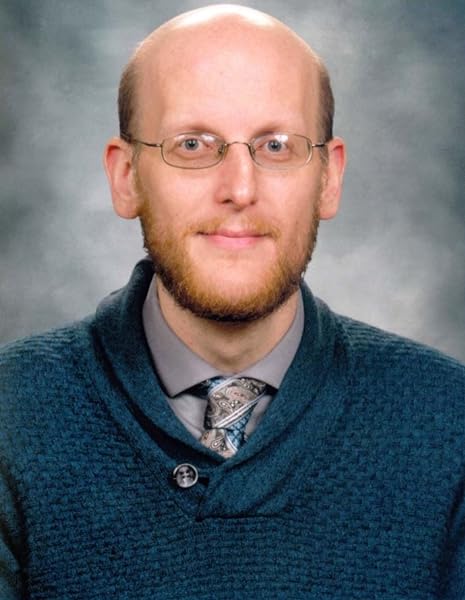

Kevin J. Symonds, M.A. is the author of On the Third Part of the Secret of Fátima (En Route Books and Media, 2017). This post is adapted from Chapter 11 of his book.
[1] <https://www.vatican.va/content/benedict-xvi/en/homilies/2010/documents/hf_ben-xvi_hom_20100513_fatima.html>.
[2] Saverio Gaeta, I segreti di suor Lucia – Fatima, la verità mai detta (Milano, Piemme, 2023), 235.
[3] Cf. St. Thomas Aquinas, ST II:II q. 171 a.1.
[4] Cf. João Ameal and Luís Reis-Santos, Fátima: altar do mundo (Porto, Ocidental Editora, 1953).


